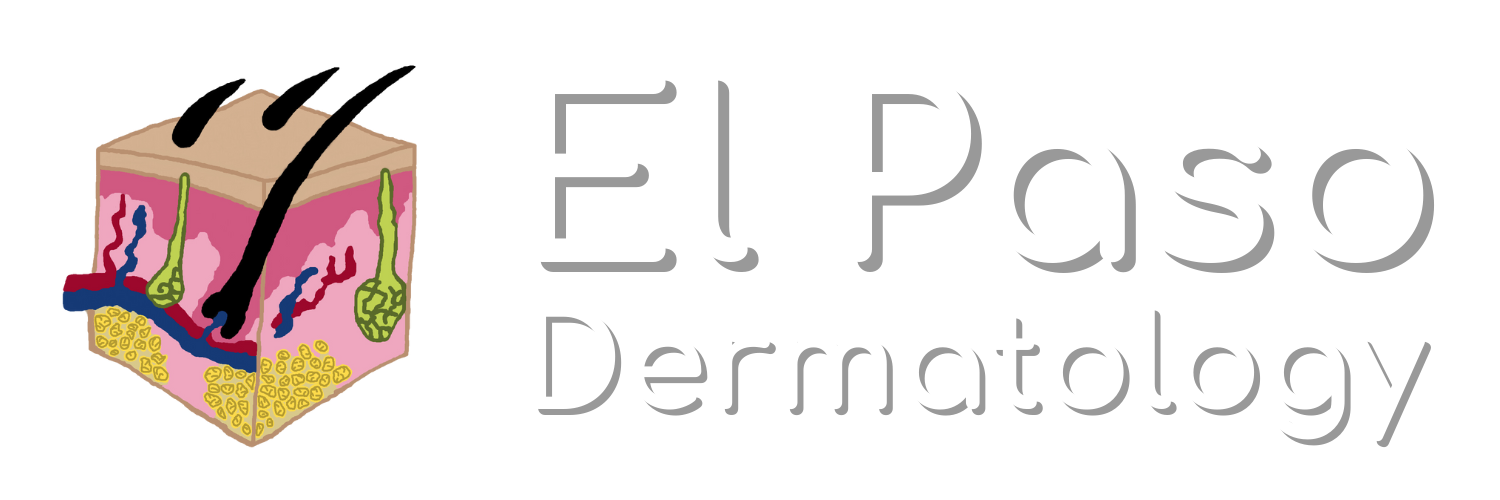Psoriasis
What even is psoriasis?
Psoriasis is a chronic autoimmune skin disorder characterized by the rapid and excessive growth of skin cells. It causes the skin to develop thick, red patches covered with silvery scales. Psoriasis is a non-contagious condition that can occur anywhere on the body, but it most commonly affects the elbows, knees, scalp, and lower back.
How does it work?
The exact cause of psoriasis is not fully understood, but it is believed to involve a combination of genetic factors, immune system dysfunction, and environmental triggers. In psoriasis, the immune system mistakenly attacks healthy skin cells, causing them to multiply rapidly. This accelerated cell turnover results in the accumulation of thickened skin patches.
Physical effects?
Psoriasis can vary in severity, ranging from mild, with small patches on localized areas, to severe, where large areas of the body may be affected. The condition can also have periods of flare-ups and remission, with symptoms improving and worsening over time.
Treatments?
While there is no cure for psoriasis, several treatment options are available to manage and control its symptoms. These may include topical treatments such as corticosteroids, vitamin D analogs, retinoids, and moisturizers. Phototherapy, which involves exposing the skin to ultraviolet light, can also be effective. For more severe cases, systemic medications or biologic therapies that target specific immune responses may be prescribed.
Ready To Book An Appointment?
Reach your highest potential and become the best version of yourself today.

